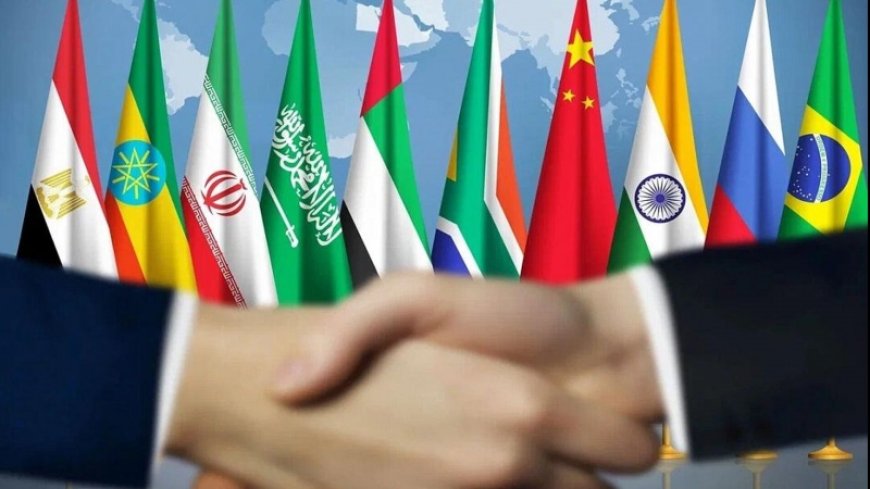The meeting of the Parliamentary Assembly of BRICS member countries has started in Moscow
The head of the Parliamentary Friendship Group of Iran and Russia announced the start of the joint meeting of the Parliamentary Assembly of BRICS member countries in Moscow.

In a significant geopolitical shift, several Middle Eastern nations, including the United Arab Emirates (UAE), Egypt, Iran, and potentially Saudi Arabia, have expressed interest in joining the BRICS alliance, despite longstanding partnerships with the United States. This move, initiated by invitations extended in 2023 and culminating in their membership this year, marks a notable expansion of BRICS, potentially altering the global energy landscape.
With oil-rich nations now part of the alliance, there's anticipation that they could pose a challenge to the United States in the energy sector, potentially impacting various sectors of the US economy should BRICS and the Middle East opt to ditch the dollar for trade transactions.
Reacting to this development, US National Security Advisor Jake Sullivan emphasized that the US remains proactive, forging new partnerships with BRICS countries. Sullivan highlighted the deepening ties between the US and India, a BRICS member, across various domains, including technology and security.
Furthermore, Sullivan underscored the strength of US relations with BRICS members Saudi Arabia, the UAE, Iran, and Ethiopia, describing them as "very good." He emphasized the broader engagement of the US with international alliances, including NATO, and highlighted recent diplomatic initiatives aimed at strengthening ties across the Indo-Pacific region.
Sullivan's remarks aimed to dispel concerns over the potential implications of Middle Eastern countries joining BRICS, asserting that the US maintains strong relationships with these nations and is actively expanding its engagement across various global alliances.
Meanwhile, Ebrahim Rezai, head of the Parliamentary Group of Friendship of the Islamic Republic of Iran and Russia, highlighted the significance of Iran's membership in BRICS during a joint meeting of the Parliamentary Assembly of BRICS member countries in Moscow. Rezai emphasized the importance of coordination among BRICS member states, underscoring their collective capacity to influence the global economy and promote interregional cooperation.
As the geopolitical landscape continues to evolve, the entrance of Middle Eastern countries into BRICS signals a potential realignment of global alliances and economic dynamics, prompting reactions and strategic responses from key players like the United States.













































